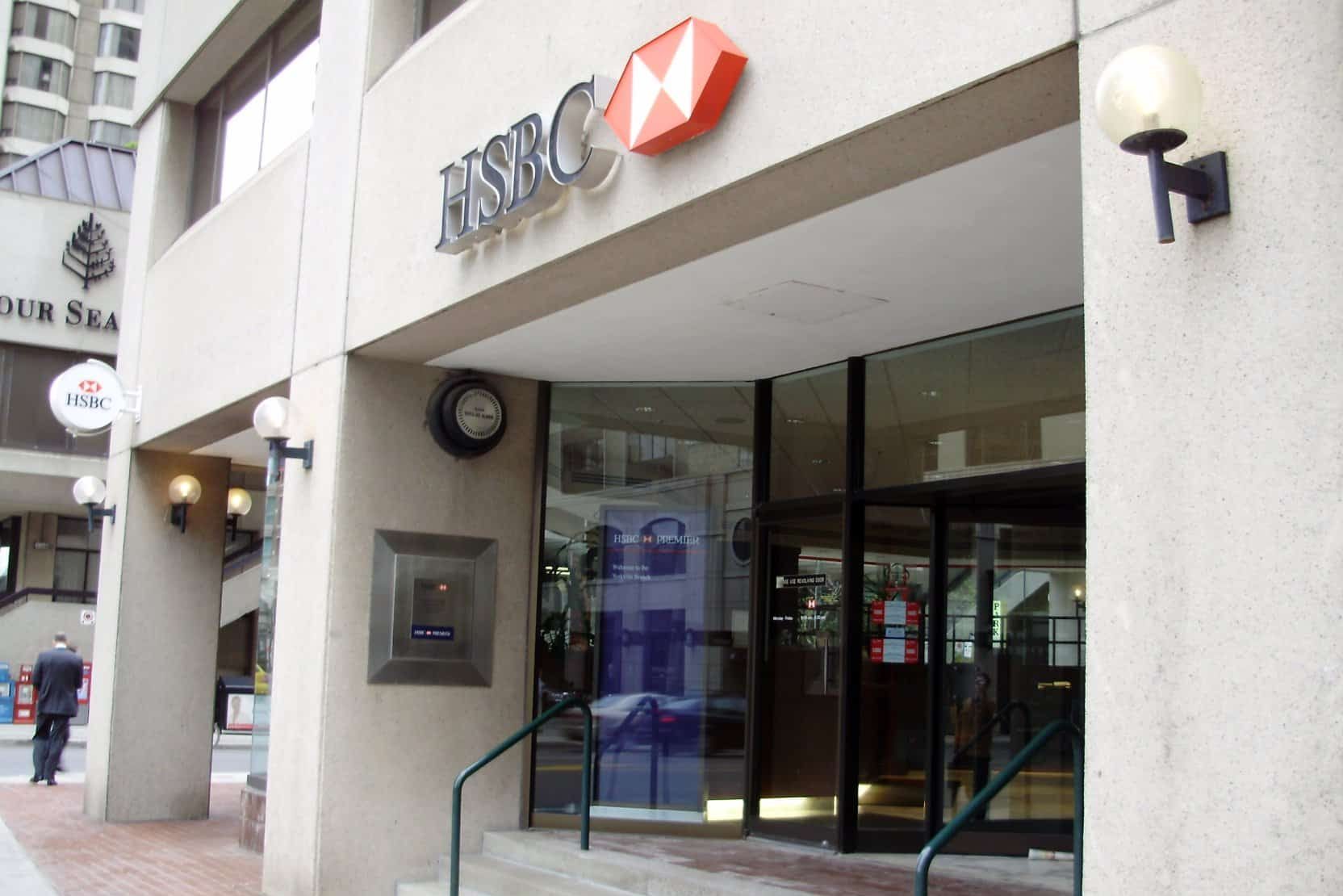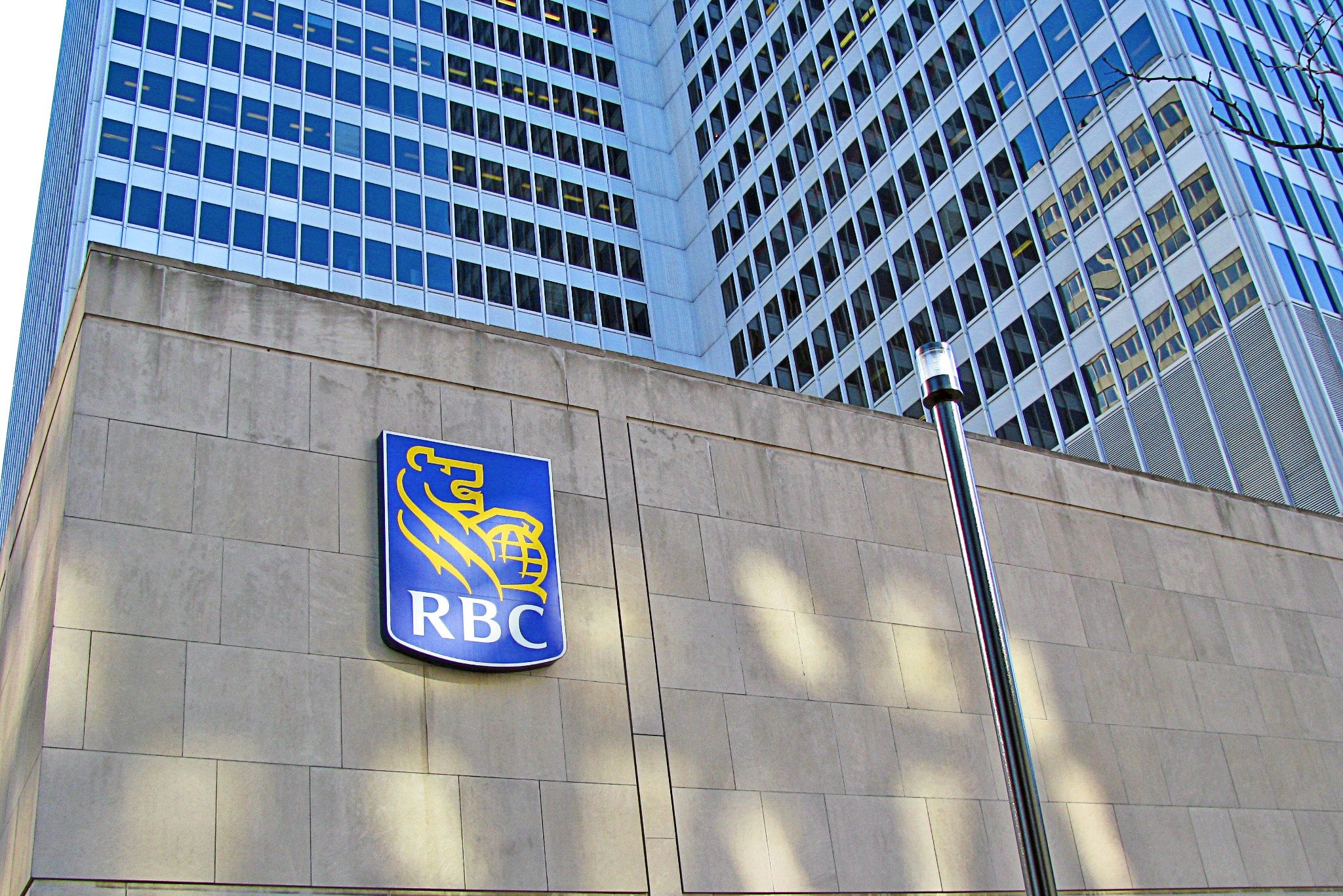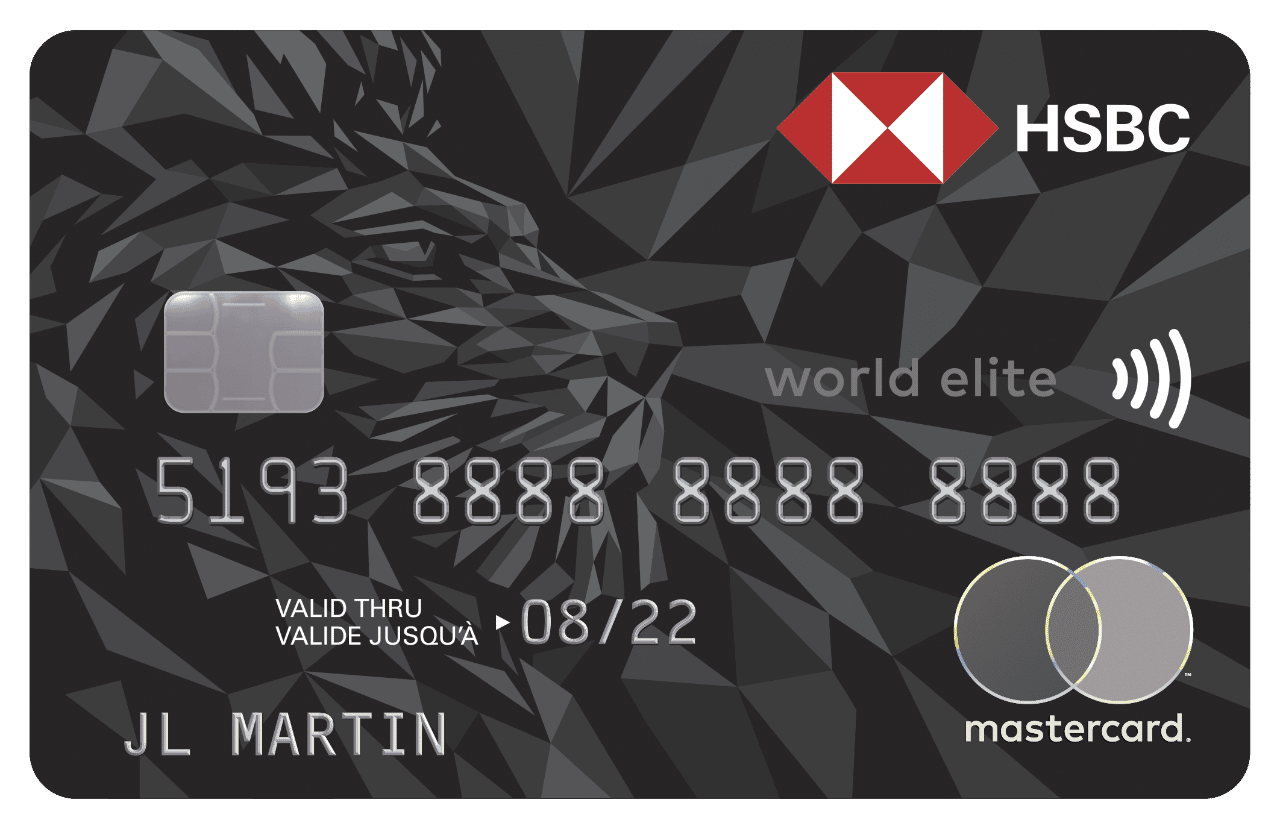Only a month after HSBC had first announced that it was considering the sale of its Canadian division, RBC has entered into an agreement to buy HSBC Bank Canada for a staggering $13.5 billion (CAD).
RBC to Buy HSBC Canada for $13.5 Billion
Despite being a global bank, HSBC has been exiting many markets recently, and Canada is set to become the next on that list. Unlike in some markets, HSBC Bank Canada has been overwhelmingly profitable, having earned some $717,000,000 (CAD) in net income in 2021.
As for the reason for HSBC Bank Canada’s sale, it’s largely believed to be due to pressure from HSBC’s largest shareholder, Ping An. Ping An has publicly announced its wishes for HSBC to focus more on its operations in Asia and to move farther away from its operations in Western countries.
Despite being headquartered in London, HSBC makes two-thirds of its income in Hong Kong and the rest of Asia, and frosty political relations are believed to have put HSBC’s global operations in a troublesome spot.
Indeed, as a whole, HSBC appears to be cutting costs and shirking their international presence, given their recent sales in France, the United States, and Greece.

Early rumours had quoted HSBC Bank Canada’s sale at around $9 billion, and potentially less given the uncertainty over federal competition concerns and the limited potential to recoup the acquisition price through cost-cutting.
Throughout the last month, RBC was seen as an early favourite to purchase HSBC Bank Canada, given their large cash reserves compared to Canada’s other banks. For example, TD is already spending $14.7 billion (USD) to acquire two American institutions, and BMO is spending $16.3 billion (USD) to purchase California-based Bank of the West.
As for the Big 5 Canadian banks, Scotiabank has the lowest capital ratio, which limits its cash reserves, and CIBC is looking to grow internationally more than domestically at the moment. National Bank would be a potential fit to increase their presence outside of Quebec, but they likely don’t have enough cash to purchase HSBC Bank Canada, and could only do so by teaming up with other partners.
Therefore, it comes as no surprise that RBC has struck the deal to acquire HSBC Bank Canada for a whopping $13.5 billion, representing 9.4 times HSBC Bank Canada’s projected 2024 net earnings. As part of the agreement, all of HSBC Bank Canada’s revenue from June 30, 2022 will accrue to RBC.

RBC is already Canada’s largest bank from a net revenue standpoint. This purchase of HSBC Bank Canada will further solidify RBC’s position as Canada’s dominant bank, but will also have a knock-on effect of increasing its presence internationally.
HSBC had previously positioned itself to be the premier bank for clients with international needs, including new immigrants to Canada or affluent residents who maintain overseas ties and have global banking and wealth management needs. With the purchase, RBC will absorb these clients into its already large portfolio.
The deal is expected to close in late 2023, and remains subject to regulatory approval. Given RBC’s already dominant position in the Canadian market, it’s possible we could see some concerns from an anti-competition clause come into play – similar to how Air Canada’s proposed purchase of Air Transat had fallen through in 2021.
What Could This Mean for HSBC Mastercards?
In transactions like these, we often see the acquiring business aiming to recoup the cost of acquisition by shrinking the costs and absorbing the operations of the acquired business. This could mean merging back offices, closing branches, and/or streamlining IT operations, as well as possible cuts or rebrandings of the product lineup.
At this point in time, what happens to HSBC Bank Canada’s credit card portfolio remains to be seen.
It’s entirely possible that RBC will merge some cards within the portfolio into their own – especially as some cards, such as the HSBC World Elite Mastercard with no FX fees and a 3% earning rate on travel, have no RBC equivalent.
(If you’ve been eyeing this card but haven’t picked it up yet, now may be a great time to nab its welcome bonus worth $400+ before the card potentially changes or goes away.)

Other HSBC cards, such as the HSBC Travel Rewards Card and HSBC Cash Rewards Mastercard, have direct competitors in the RBC Ion Visa and RBC Cash Back Mastercard. In my view, it’s unlikely RBC will keep all of these products alive following the purchase.
Time will tell what happens to the HSBC Mastercard portfolio upon the deal’s completion, and we’ll be sure to bring you the updates when we learn more.
Conclusion
After two rounds of bidding, RBC will acquire HSBC Bank Canada’s complete operations in late 2023 for a hefty $13.5 billion. The deal hasn’t yet been finalized and is subject to regulatory approval.
This move further solidifies RBC’s position as Canada’s largest and most dominant bank, and is set to propel RBC even further ahead from other major Canadian banks in terms of annual revenue. Following the sale, HSBC will have completely left the Canadian market, and it appears that its focus will shift more strongly towards its Asia operations.
What happens to HSBC’s product lineup remains to be seen, although I sincerely hope that the HSBC World Elite Mastercard – easily one of the best Mastercard products in Canada – continues to stick around in some form or another following the sale.




















I actually liked the Feb 2023 changes but RBC is probably my least favourite of the Canadian banks. A simple example is the inability to waive the monthly fee with a minimum balance. I had gone with HSBC some years back precisely because they would be able to facilitate setting up local banking in some European countries I was hoping to retire to but that was already looking unlikely with their disposal of multiple European subsidiaries. Looks like I may need to start my search again…
Well, it’s time to cancel the HSBC WE card!
Feb. 2023 changes were just foreshadowing what’s coming for HSBC.